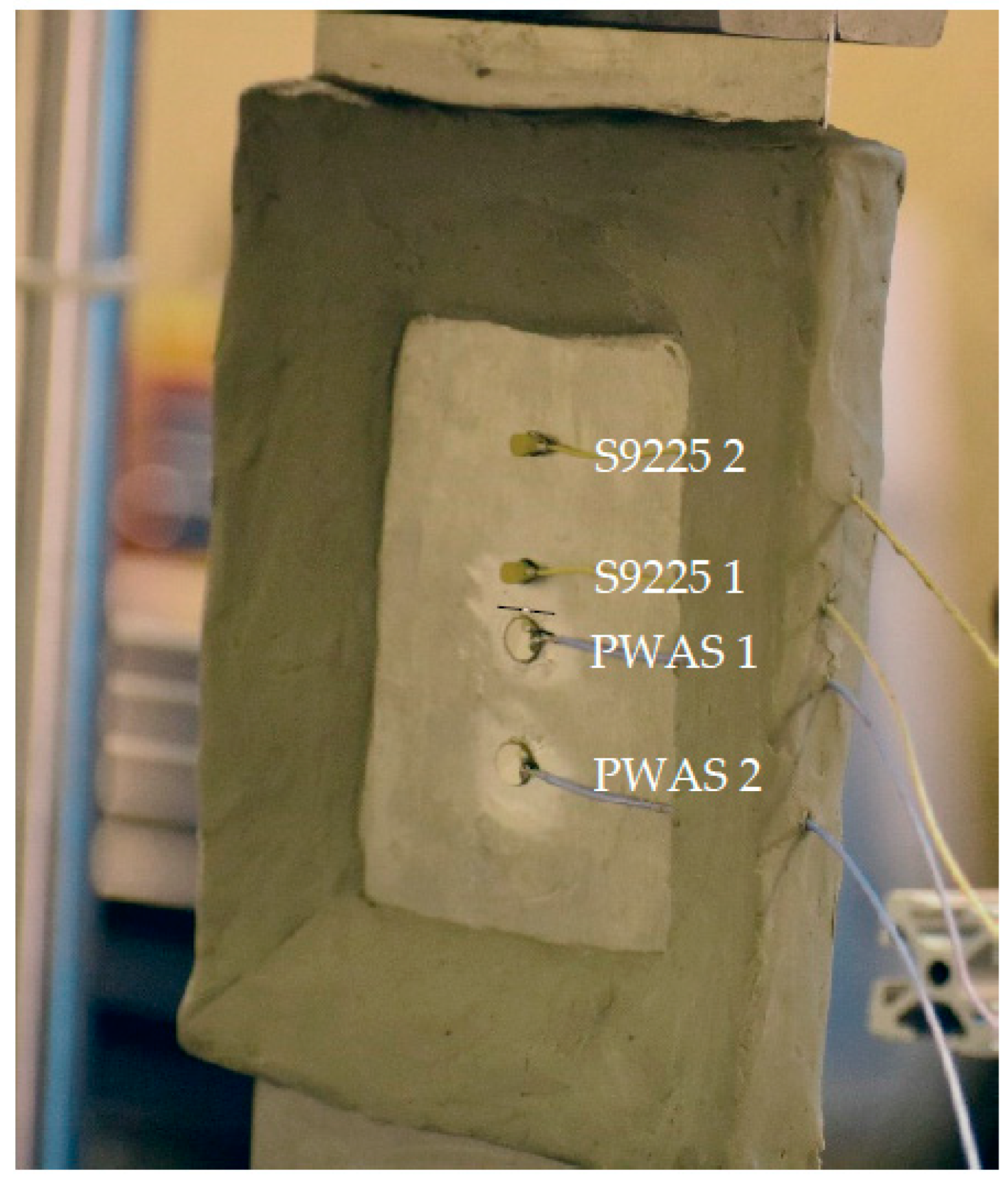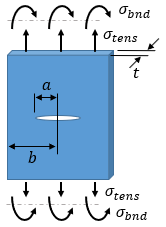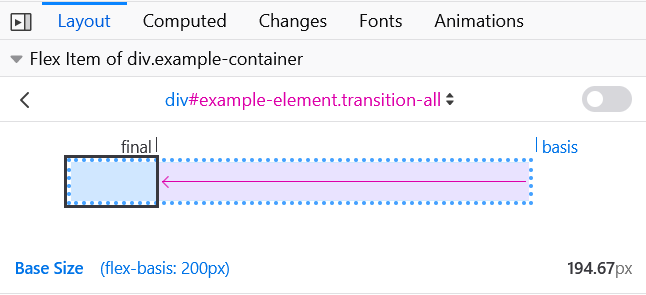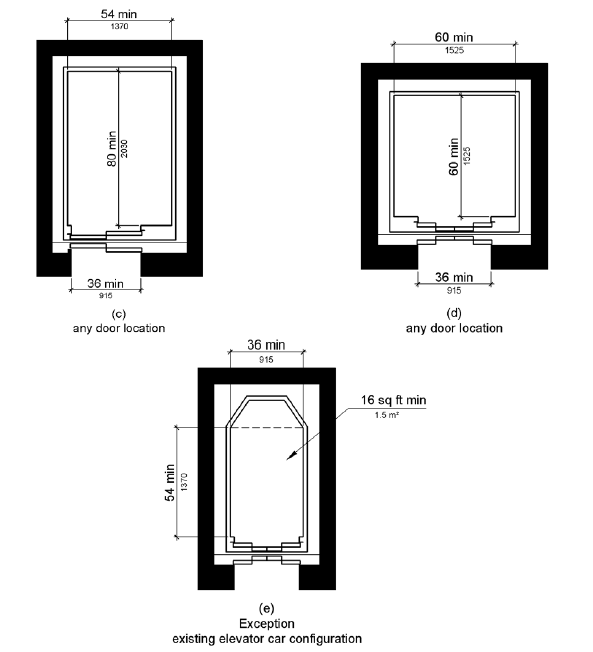Insight on physical meaning of finite-width-correction factors in
4.5 (137) · $ 18.99 · In stock

The physical meaning of the finite-width-correction factors (FWCF), which commonly appear in stress intensity factor solutions of fracture mechanics, …

PDF) New approach for the correlation of fatigue crack growth in metals on the basis of the change in net-section strain energy

Actuators, Free Full-Text

Fracture mechanics analysis of generalized compact tension specimen geometry using the mechanics of net-section - ScienceDirect

On the Physics of Applying Finite Width and Geometry Correction Factors in Fatigue Crack Growth Predictions of GLARE

Fracture Mechanics

Applied Sciences, Free Full-Text

The Social Life of Palimpsests: Skill, Bifacial Stone Knapping, and Differentiation in the Plowed Fields of La Martre

On the Physics of Applying Finite Width and Geometry Correction Factors in Fatigue Crack Growth Predictions of GLARE

Finite Population Correction factor - Dawn Wright, Ph.D.

Actuators, Free Full-Text

An energy principles based model for fatigue crack growth prediction - ScienceDirect







